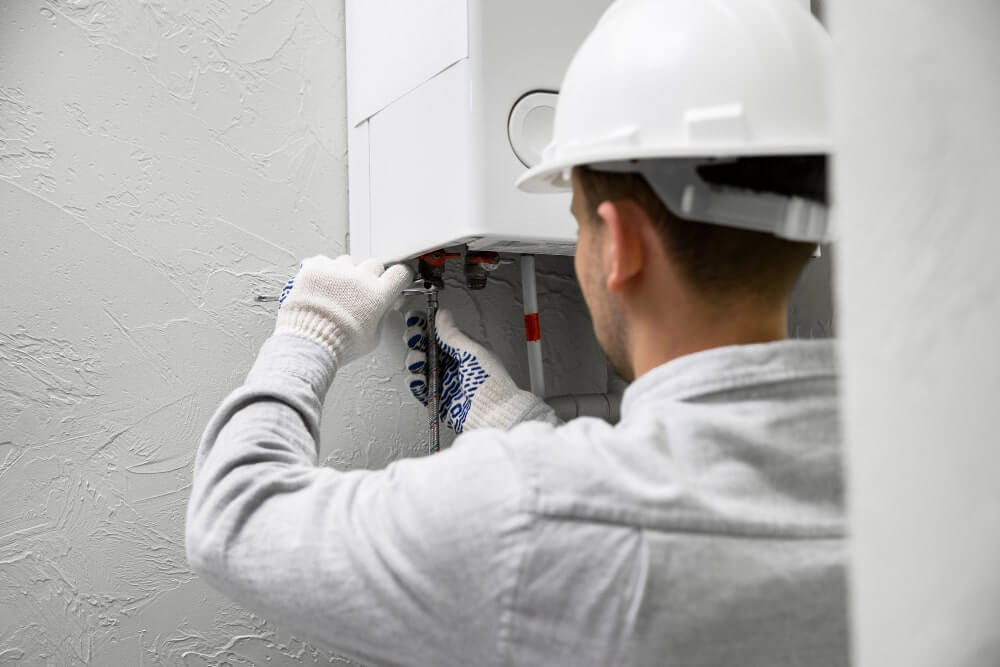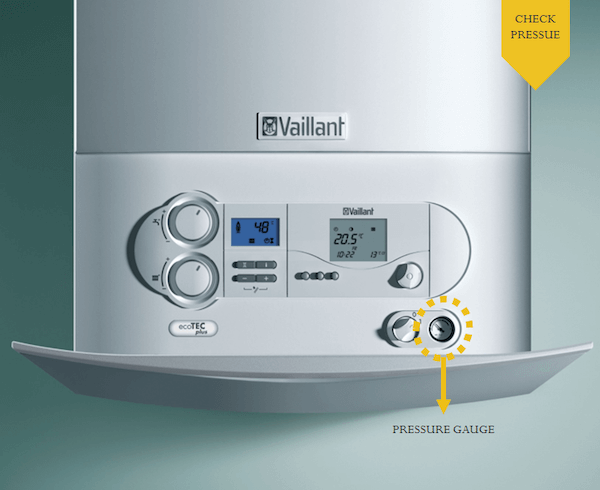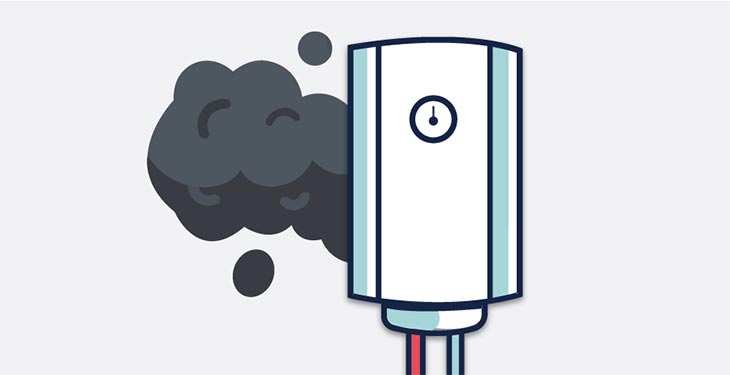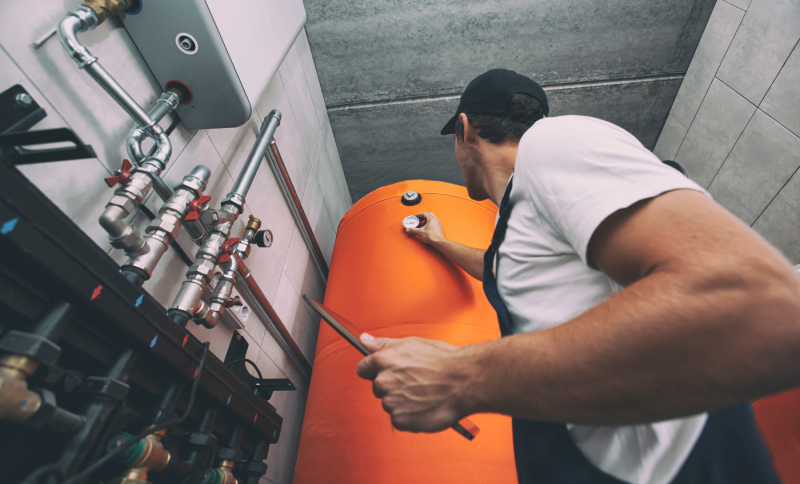Boilers are a critical component of home heating systems, especially during colder months. Regular maintenance can help extend the life of your boiler, but even with the best care, issues can arise. Knowing the signs that your boiler needs repair and when to call a professional can save you from more significant problems and costly replacements. Here are some common boiler issues to watch for and tips on when to seek professional help.
1. Unusual Noises
Signs: Boilers generally operate quietly, so any unusual sounds are cause for concern. If you hear banging, clunking, whistling, or gurgling noises, your boiler may have an issue.
Possible Causes:
- Kettling: A build-up of limescale or sludge in the heat exchanger can cause water to overheat and produce a kettling sound.
- Air in the system: Trapped air can cause banging or whistling.
- Faulty pump: A failing pump may emit a loud humming or grinding sound.

When to Call a Professional: If your boiler is making persistent noises, it’s best to contact a professional. These issues can lead to more significant damage if left unresolved.
2. Water Leaks
Signs: Leaking water around your boiler or on the floor indicates a serious problem that should be addressed immediately.
Possible Causes:
- Corroded pipes or connections: Over time, parts of the boiler system may corrode and start leaking.
- Faulty pressure valve: A pressure valve may leak if the boiler pressure is too high.
- Damaged seals: A worn-out seal in the boiler could result in water leaks.
When to Call a Professional: Any sign of a water leak warrants immediate attention from a qualified technician. Ignoring a leak can lead to water damage, mold growth, and potential system failure.
3. Inconsistent or No Heating
Signs: If some radiators in your home are warm while others remain cold or if the boiler fails to heat your home properly, there could be an issue with the system.
Possible Causes:
- Air in the radiators: Air bubbles can prevent hot water from circulating properly.
- Faulty thermostat: A malfunctioning thermostat might not communicate correctly with the boiler.
- Circulation problems: Issues with the pump or pressure could prevent even distribution of heat.
When to Call a Professional: While bleeding the radiators to release trapped air is something you can do yourself, uneven heating that persists requires professional evaluation to identify the underlying cause.

4. Pilot Light Issues
Signs: The pilot light (or ignition) in your boiler should remain lit. If it frequently goes out or refuses to light, this indicates a problem.
Possible Causes:
- Drafts: A draft can blow out the pilot light.
- Faulty thermocouple: This component detects whether the pilot light is on and triggers the gas valve. If it’s broken, the light won’t stay lit.
- Gas supply issues: Problems with the gas supply can also prevent the pilot light from staying on.
When to Call a Professional: If your pilot light or ignition keeps failing, contact a licensed boiler technician. Gas-related issues can be dangerous and should be handled by a professional.
5. Pressure Problems
Signs: Your boiler should have a consistent pressure level, usually between 1 and 2 bars. Low or high pressure can indicate an issue.
Possible Causes:
- Leaks in the system: Can cause a drop in pressure.
- Faulty pressure relief valve: May lead to high pressure.
- Expansion vessel issues: Problems with this component can also affect the pressure.

When to Call a Professional: If you notice sudden changes in pressure that you can’t fix by topping up the system (for low pressure) or bleeding the radiators, it’s time to seek professional assistance.
6. No Hot Water
Signs: If your boiler fails to provide hot water, this is a clear sign of a malfunction.
Possible Causes:
- Broken diaphragm or airlock: These components can prevent hot water from being delivered.
- Thermostat issues: A faulty thermostat might not signal the boiler to heat water.
- Valve failure: A malfunctioning motorized valve could be stuck in the wrong position.
When to Call a Professional: A lack of hot water can stem from various issues that require professional diagnosis and repair.
7. Frequent Cycling
Signs: If your boiler keeps turning on and off without effectively heating your home, this is known as short-cycling.
Possible Causes:
- Oversized boiler: A boiler that’s too large for your home will short-cycle as it rapidly heats the space and then shuts down.
- Thermostat problems: A broken or incorrectly positioned thermostat can cause frequent cycling.
- Low water pressure: Inconsistent water pressure can trigger short-cycling.
When to Call a Professional: Short-cycling can waste energy, increase wear on the boiler, and raise your heating bills. A professional can determine if the issue is with the thermostat, water pressure, or other components.
8. Unresponsive Controls
Signs: If the boiler’s controls don’t respond or display incorrect information, it can make regulating your home’s temperature difficult.
Possible Causes:
- Faulty control panel: The electronic controls might be damaged or failing.
- Wiring issues: Loose or damaged wires can affect connectivity.
- Outdated system: An older boiler might have worn-out controls that need updating.
When to Call a Professional: If you can’t adjust your boiler’s settings or it doesn’t respond to commands, it’s time for a professional to evaluate the system.
Preventive Measures and When to Schedule Regular Maintenance
- Annual Inspections: Regular professional servicing can catch potential problems early and keep your boiler running smoothly.
- Check Pressure Regularly: Monitor the pressure gauge and ensure it stays within the recommended range.
- Bleed Radiators: If your heating is uneven, bleeding your radiators can help remove trapped air and improve performance.

Final Thoughts
Recognizing the signs that your boiler needs repair and acting promptly can prevent minor issues from turning into costly emergencies. Regular maintenance and professional assessments are essential to ensure the boiler operates efficiently and reliably. If you experience any of the above signs or suspect a problem with your system, don’t hesitate to call a certified boiler technician for inspection and repair.
